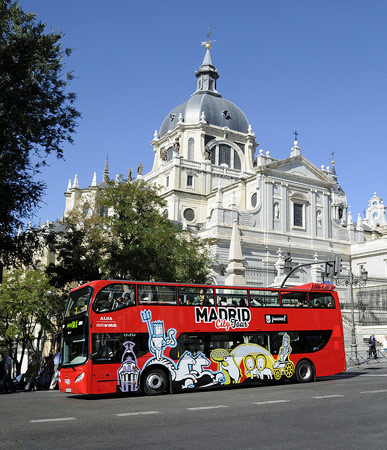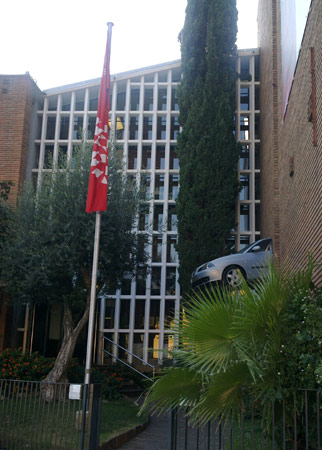Country Snapshot: Business Overview
Spain’s economy is among the top 20 largest of the world, and one of the largest in the European Union. Despite a decade and a half of above-average GDP growth, Spain was the last major economy to emerge from the 2008-2009 global recession. The nation faced a decline in construction with an oversupply of housing and a drop in consumer spending. The downturn—the worst to hit Spain in nearly 50 years—was accompanied by skyrocketing unemployment. The government responded by cutting spending, privatizing state-owned industries, and introducing labor market reforms. It made special attempts to attract foreign investment to spur the recovery, yet the economy continued to sputter. Nevertheless, Spain has remained a major player in the European Union (EU), accounting for about 12 percent of the euro-zone’s economy. In 2013 the government successfully completed an EU restructuring and recapitalization program to support the struggling bank, domestic construction, and real estate sectors.
Major Industries
Spain’s major industries include processed foods, textiles, footwear, petrochemicals, steel, automobiles, consumer goods, and electronics. The country has invested heavily in its aerospace sector, among the most developed in Europe. The automotive sector produces passenger cars and industrial vehicles, most of which are exported. The agricultural sector accounts for only 3 percent of the country’s GDP, yet Spain is a world leader in the production of olive oil and wine. The service sector accounts for about 70 percent of the country’s GDP. Spain also spends heavily on tourism.
Trade Overview
Spain’s major exports are machinery, foodstuffs, motor vehicles, pharmaceuticals, medicines, and other consumer goods. The chief destination of these products is France, which purchases 1 percent of the total, followed by Germany, Italy, Portugal, and the UK.
The country imports machinery and equipment, chemicals, fuels, semi-finished goods, foodstuffs, consumer goods, and measuring and medical control instruments. Eleven percent of Spain’s imports come from Germany, with the remainder coming mostly from France, Italy, China, the Netherlands, and the UK.
Foreign Investment
The Spanish government is committed to drawing in foreign investors and its policies reflect this. Foreign and domestic investments in Spain are generally treated the same under Spanish law. In most sectors, foreign investment of up to 100 percent equity is permitted. Foreign ownership of EU airlines cannot exceed 49 percent, however. Foreign exchange accounts, movement of capital, and the repatriation of profits are not subject to restrictions.
Transparency (Rule of Law)
Spain ranks 40th out of 177 nations in the Transparency International’s Corruption Perceptions Index. Corruption in the country is perceived as “moderate,” according to the Heritage Foundation’s Index of Economic Freedom. Accepting or giving a bribe is a crime in Spain, and neither corporations nor individuals can claim tax deductions for bribes.
Regulatory Environment (Ease of Doing Business)
Spain stands at 52nd out of 189 countries in terms of ease of doing business, based on World Bank findings. It ranks 22nd when it comes to resolving insolvency, but drops to 98th in ranking for protecting investors. The country ranks 142nd in terms of ease of starting a business, which takes about 23 days, involves 10 procedures, and costs about 5 percent of the country’s per capita income.
Article written for World Trade Press by Randall Frost.
Copyright © 1993—2025 World Trade Press. All rights reserved.

 Spain
Spain 

